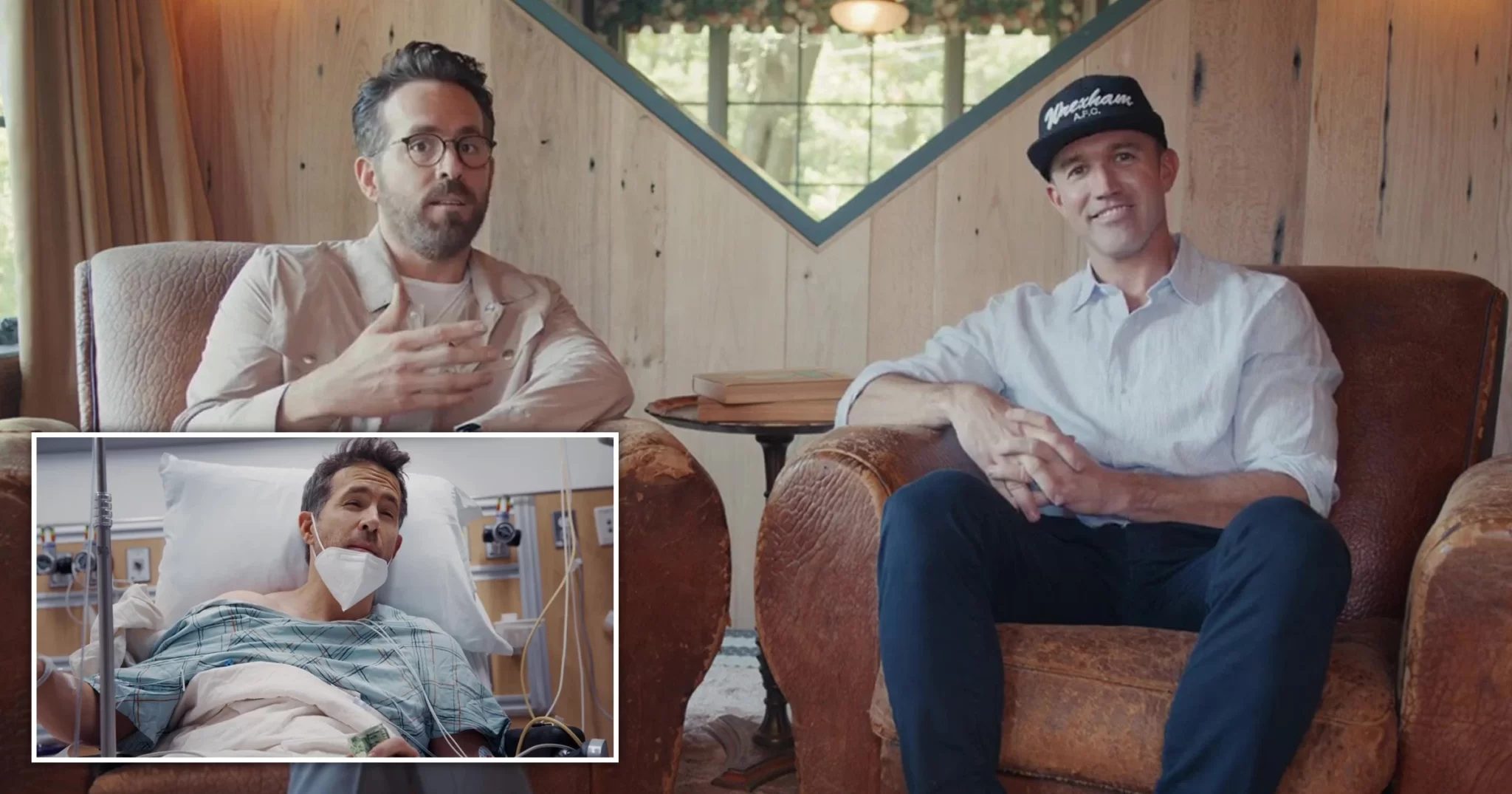Ryan Reynolds announced this week that doctors discovered a polyp during a colonoscopy he had after losing a bet.
The actor and his fellow actor, Rob McElhenney, explained in a video that Reynolds bet McElhenney the latter wouldn’t learn to speak Welsh. After Reynolds lost the bet, the pair chronicled both of their colonoscopies, filming themselves before and after their procedures.
After Reynolds’ colonoscopy, his doctor, Jonathan LaPook, shared that he found a polyp, a discovery that was “potentially lifesaving.”
“I’m not kidding. I’m not being overly dramatic,” the doctor said. “This is exactly why you do this, okay? You had no symptoms.”
McElhenney also had three polyps that were discovered and removed.
But what is a colonoscopy? Why are they important? Here’s what you need to know.
What is a colonoscopy?
A colonoscopy is an exam that is used to look for any changes in the large intestine, or colon, and rectum. Those changes might include swollen tissue, polyps or warning signs of cancer, according to the Mayo Clinic.
What is a colon polyp? It’s a “small clump of cells that forms on the lining of the colon,” according to the Mayo Clinic. They can be harmless, but some can develop into colon cancer.
During a colonoscopy, a tube is inserted into a person’s rectum, and a video camera on the tube allows a doctor to examine the colon. Sometimes, polyps or other tissue can be removed during the procedure, and biopsies can also be taken, if necessary.
Why Doctor recommend a colonoscopy?
A colonoscopy (koe-lun-OS-kuh-pee) is an exam used to look for changes — such as swollen, irritated tissues, polyps or cancer — in the large intestine (colon) and rectum.
During a colonoscopy, a long, flexible tube (colonoscope) is inserted into the rectum. A tiny video camera at the tip of the tube allows the doctor to view the inside of the entire colon.
If necessary, polyps or other types of abnormal tissue can be removed through the scope during a colonoscopy. Tissue samples (biopsies) can be taken during a colonoscopy as well.
Your doctor may recommend a colonoscopy to:
- Investigate intestinal signs and symptoms. A colonoscopy can help your doctor explore possible causes of abdominal pain, rectal bleeding, chronic diarrhea and other intestinal problems.
- Screen for colon cancer. If you’re age 45 or older and at average risk of colon cancer — you have no colon cancer risk factors other than age — your doctor may recommend a colonoscopy every 10 years. If you have other risk factors, your doctor may recommend a screen sooner. Colonoscopy is one of a few options for colon cancer screening. Talk with your doctor about the best options for you.
- Look for more polyps. If you have had polyps before, your doctor may recommend a follow-up colonoscopy to look for and remove any additional polyps. This is done to reduce your risk of colon cancer.
- Treat an issue. Sometimes, a colonoscopy may be done for treatment purposes, such as placing a stent or removing an object in your colon.
For further information check the website of Mayo Clinic Web Site.
